Sam Harris: Free Will is an Illusion
Last updated: Jun 2, 2023
This video by Lex Clips is about Sam Harris discussing his belief that free will is an illusion and that even the experience of free will is an illusion.
In this video, Sam Harris discusses his belief that free will is an illusion. He argues that not only is free will an illusion, but the experience of free will is also an illusion.
Harris explains that even the sense of self and free will are closely related, but not quite the same in their spuriousness. He suggests that all of our experiences are compatible with the script already being written, and that we don't even know what we're going to think or intend next.
Harris acknowledges that this view may not be popular, but he believes it is important to consider.
- Free will is an illusion.
- Visual illusions are genuine illusions.
- People don't know what they're going to think or intend next.
- Our experiences are compatible with the script already being written.
- Recognizing the illusion of free will is freeing for many people.
- There are illusions of free will, self, and consciousness.
- Consciousness may be a social tool to convince others of one's humanity.
- Most people get wrapped around the axle of free will.
- Creating robots that can suffer would have massive ethical consequences.
Sam Harris: Free Will is an Illusion - YouTube
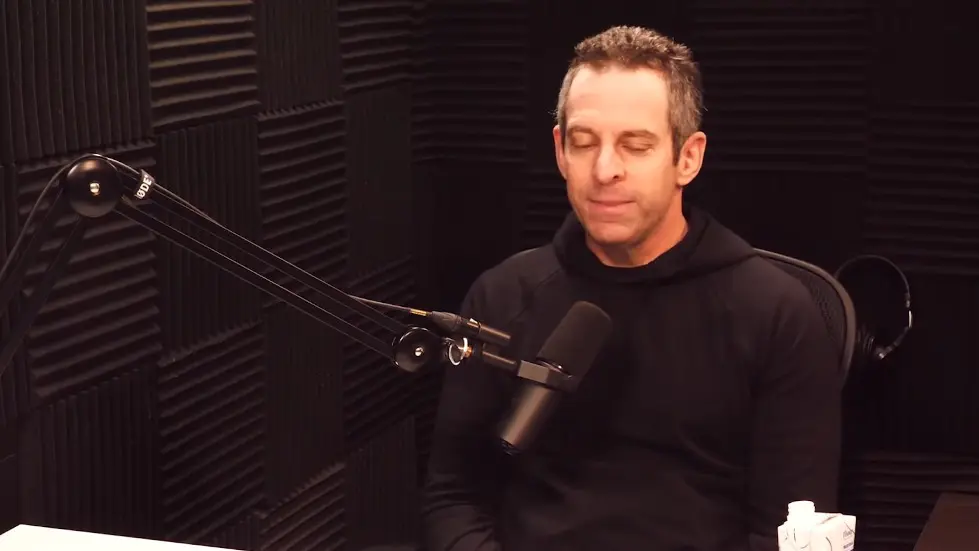
Free Will is an Illusion
- Free will is an illusion.
- The experience of free will is also an illusion.
- There is no illusion of free will.
- Free will is a more fundamental claim than other illusions.
- Illusions can be punched through or not.
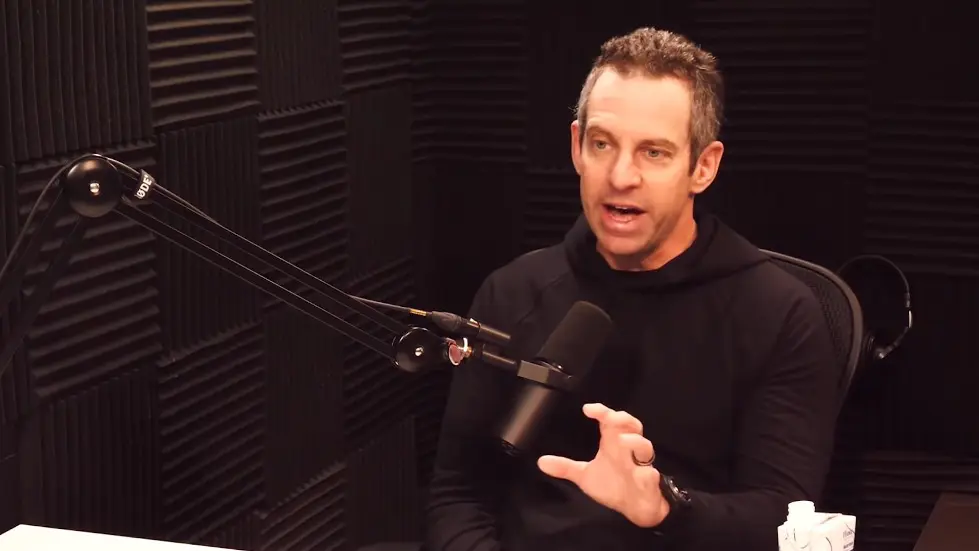
Visual Illusions
- Visual illusions are genuine illusions.
- Some visual illusions can only be seen one way.
- Other visual illusions can be seen differently with more attention.
- The sense of self and free will are closely related.
- The sense of self is not an illusion, but the illusion of free will is.
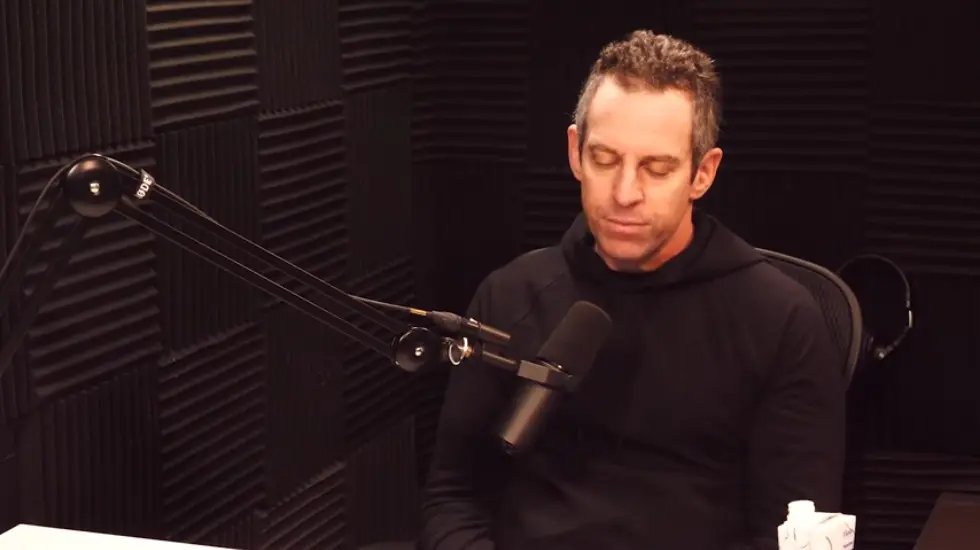
Behavioral Imperatives
- People don't know what they're going to think or intend next.
- People don't know what will occur to them next.
- People don't know how much they will feel the behavioral imperative to act on a thought.
- People don't know where their thoughts or feelings come from.
- All experiences are compatible with the script already being written.
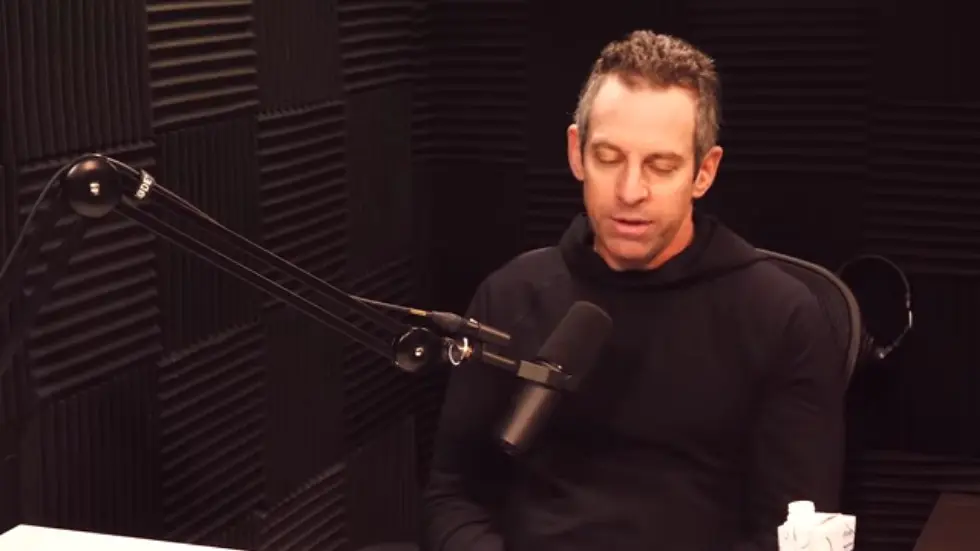
Sam Harris: Free Will is an Illusion - YouTube
Scripted Experiences
- Our experiences are compatible with an evil genius typing code into our experience.
- Our experiences are compatible with the script already being written.
- Our most deliberate voluntary actions are not exempt from this.
- People don't know what they will choose between two options.
- People may resort to eeny meeny miny moe to make a decision.
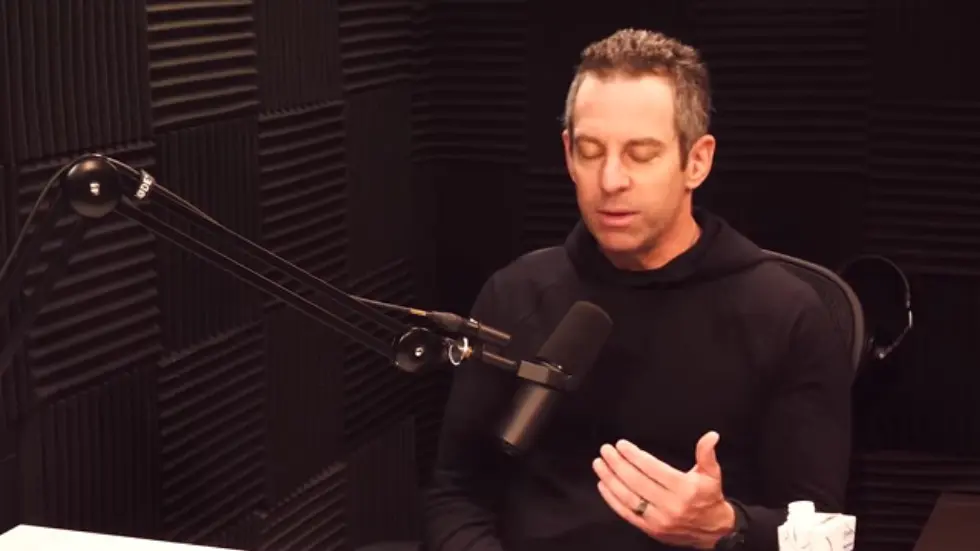
Free Will and the Illusion of Self
- Recognizing the illusion of free will is freeing for many people.
- It undercuts the psychological basis for hatred.
- Hating someone is anchored to the feeling that they are the true authors of their actions.
- Attributing freedom of will to someone is not done to a force of nature, virus, wild animal, or malfunctioning machine.
- It is possible to slip into a mode of hating the agent, which commandeers your mind and deranges your life.
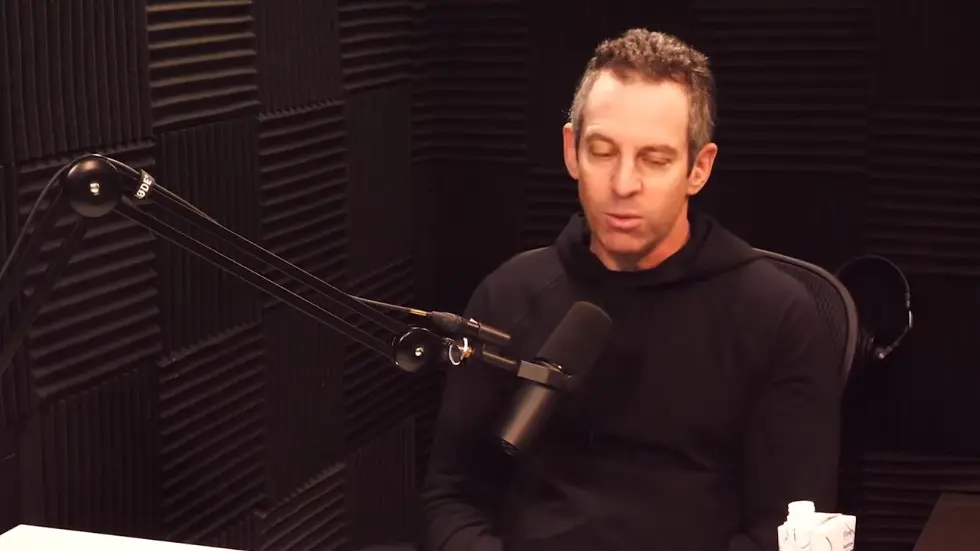
The Consciousness Generator Black Box
- The script that we're walking along is being written in real-time by the consciousness generator black box.
- There is something fundamental about the nature of reality that generates both consciousness and the self.
- There are illusions of free will, self, and consciousness.
- Consciousness cannot be an illusion because any illusion proves its reality as much as any other vertical perception.
- The cognitive assertion that something seems to be happening is the cash.

The Illusion of Self
- A certain kind of self is an illusion, not every notion of self.
- There is an illusion of self.
- Consciousness cannot be an illusion.
- Any illusion proves its reality as much as any other vertical perception.
- If you're dreaming and you don't know it, that is consciousness.
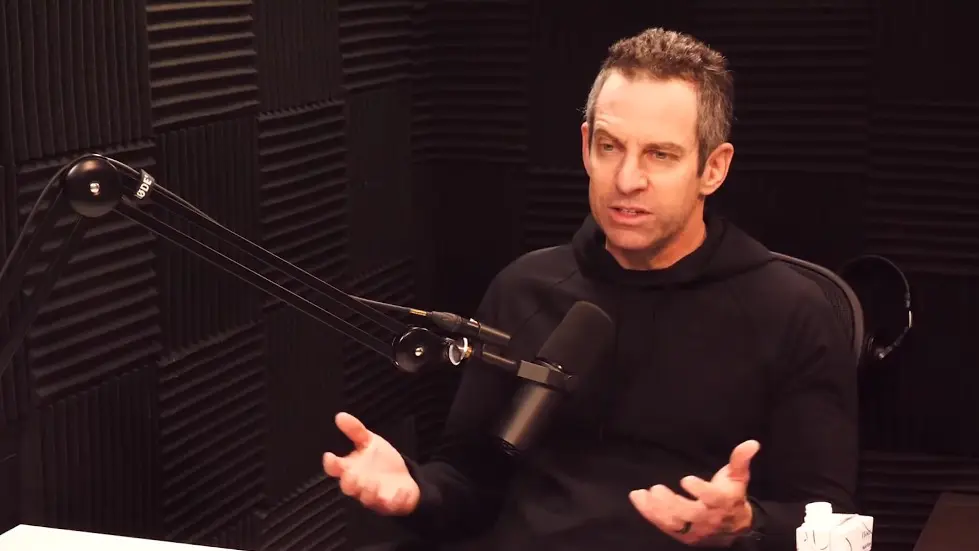
Conclusion
- Recognizing the illusion of free will is freeing for many people.
- It undercuts the psychological basis for hatred.
- There are illusions of free will, self, and consciousness.
- Consciousness cannot be an illusion.
- A certain kind of self is an illusion, not every notion of self.

Consciousness and Robots
- Consciousness may be a social tool to convince others of one's humanity.
- Robots that can suffer would have massive ethical consequences.
- Creating a world with conscious minds that are miserable would be like creating a person who's miserable.
- Consciousness, intelligence, and mind are substrate independent.
- Creating conscious minds that are miserable is like creating a person who's miserable.
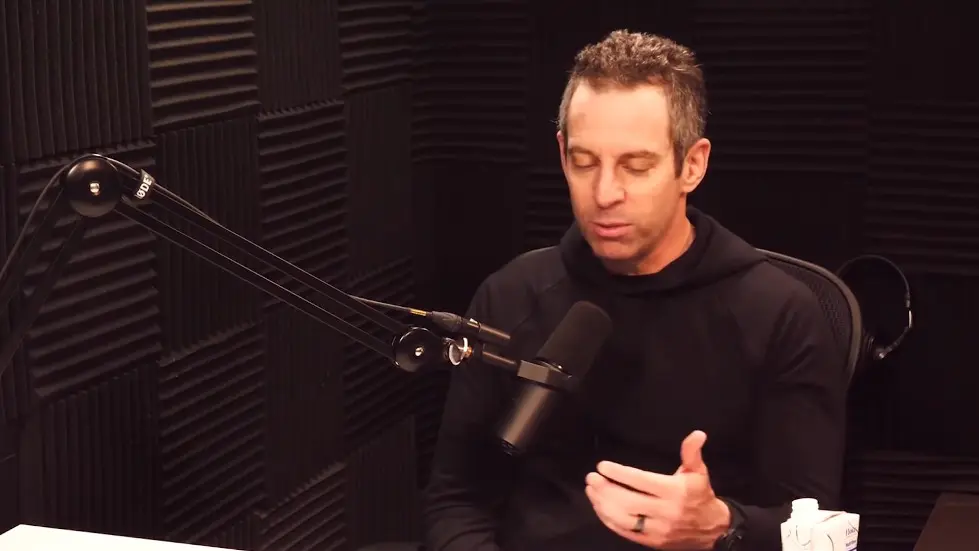
Free Will Illusion
- Most people get wrapped around the axle of free will.
- Free will is the flip side of feeling like you are not merely identical to experience.
- People feel like they're minds in bodies.
- People feel like they're appropriating an experience.
- People feel like there is a protagonist in the movie of their life and it is them.
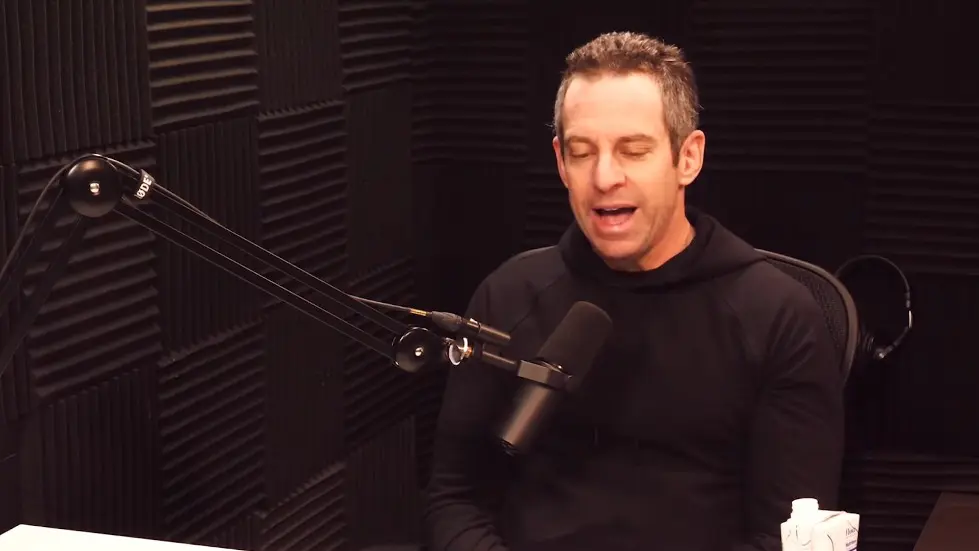
Differentiating Consciousness, Self, and Free Will
- Free will is illusory.
- People feel like they're having an experience and appropriating it.
- People feel like there is a protagonist in the movie of their life and it is them.
- People feel like they're minds in bodies.
- People don't feel truly identical to their bodies down to their toes.
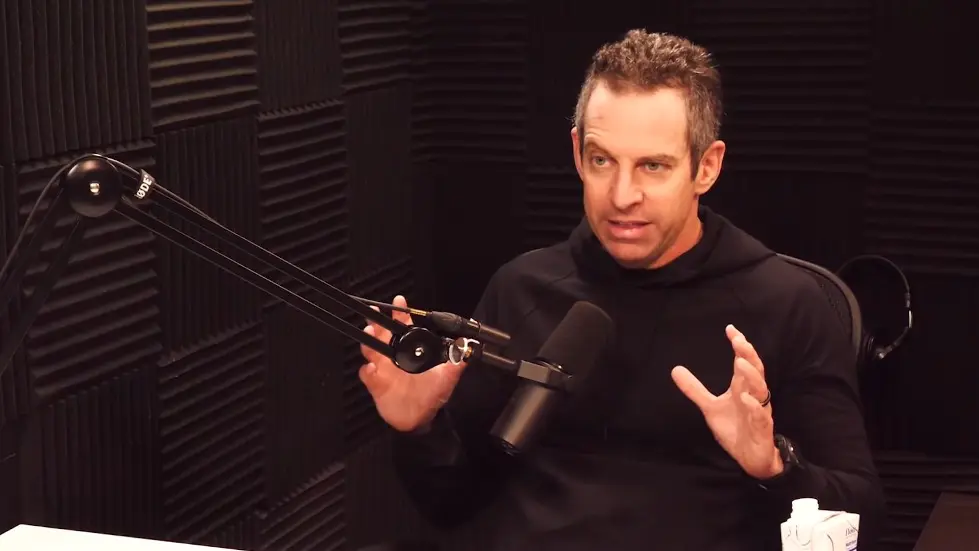
Ethical Consequences of Robots
- Creating robots that can suffer would have massive ethical consequences.
- Creating a world with conscious minds that are miserable would be like creating a person who's miserable.
- Creating conscious minds that are miserable is like creating a person who's miserable.
- It could be worse than creating a person who's miserable.
- Watching conscious minds suffer for entertainment is like watching a person suffer for entertainment.
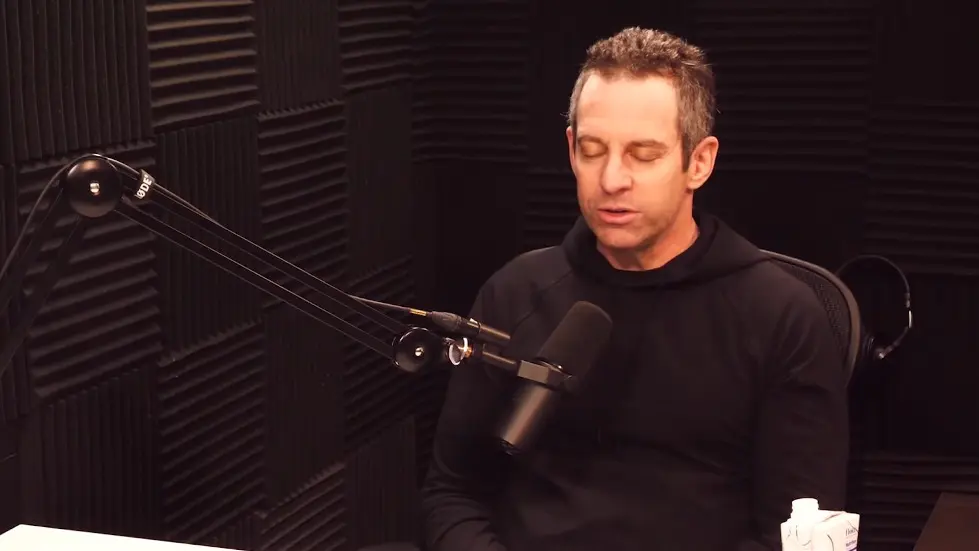
The Paradox of Selfhood
- The experience of being in relationship to oneself is paradoxical.
- When giving oneself a pep talk, it is strange to think about why one needs it and why it works.
- When looking for something, it is odd to think about why one needs to tell oneself to look for it.
- When learning to meditate, the default starting point is feeling like an agent in one's head.
- There is a sense of subject-object perception, and this is the default starting point of selfhood and subjectivity.
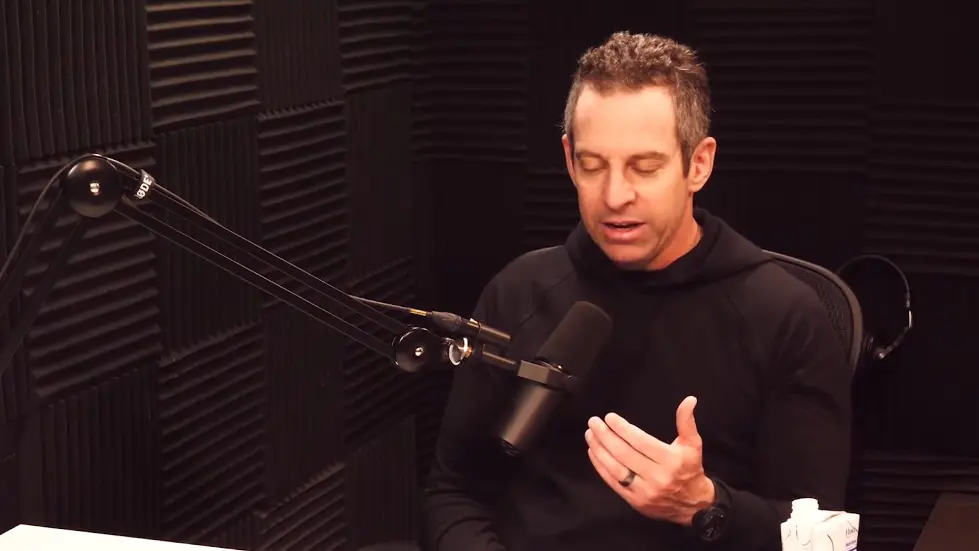
The Illusion of Free Will
- There is a sense that one can decide what to do next and that one is in control.
- However, there are certain things that one cannot control, such as hearing a sound or paying attention to something else.
- There is a feeling of identification with the impulse, intention, and thought that occurs to oneself.
- All of this is born of not paying close attention to what it is like to be oneself.
- The way to unravel the illusion of free will is to realize that one did not make oneself, one's genes, or one's brain.
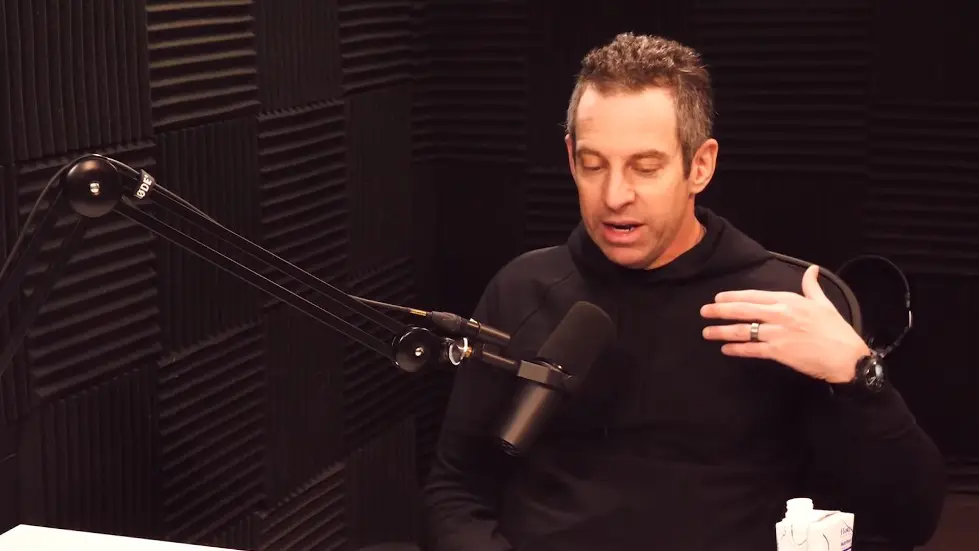
The Role of Meditation
- Meditation can help one pay close attention to how thoughts and intentions arise.
- Unraveling the illusion of free will conceptually is not enough; one must feel that it does not exist.
- As an experiencing self, one gets no credit or blame for genetics and environmental influences.
- Adding something magical, like an immortal soul, does not solve the problem of not being able to account for it.
- Meditation can help one realize that the self is an illusion and that free will is an illusion.
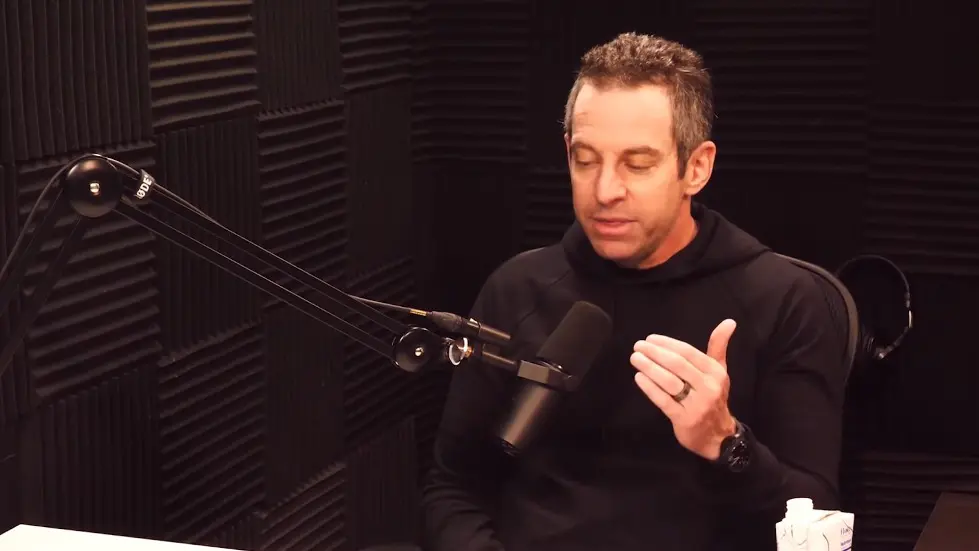
The Paradox of Consciousness
- Consciousness is a paradox because it is both subjective and objective.
- It is subjective because it is one's own experience, but it is objective because it is a physical process in the brain.
- Consciousness is not a thing that one has, but rather it is a process that one undergoes.
- There is no self that is separate from consciousness, but rather the self is an illusion created by consciousness.
- Consciousness is not a thing that one can control, but rather it is something that one experiences.
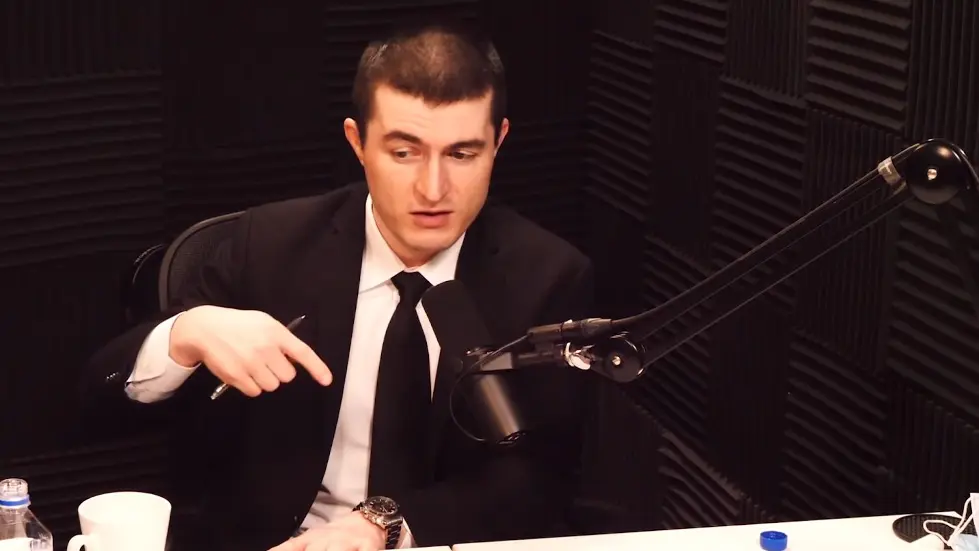
Free Will is an Illusion
- Sam Harris believes that free will is an illusion.
- He argues that our actions are determined by factors beyond our control, such as genetics and environment.
- Even the experience of free will is an illusion, as it is simply the feeling of being in control of our actions.
- Harris believes that this view is supported by scientific evidence, such as studies on brain activity and decision-making.
- He argues that accepting the illusion of free will can lead to greater compassion and understanding towards others, as it acknowledges that their actions are not entirely their own fault.
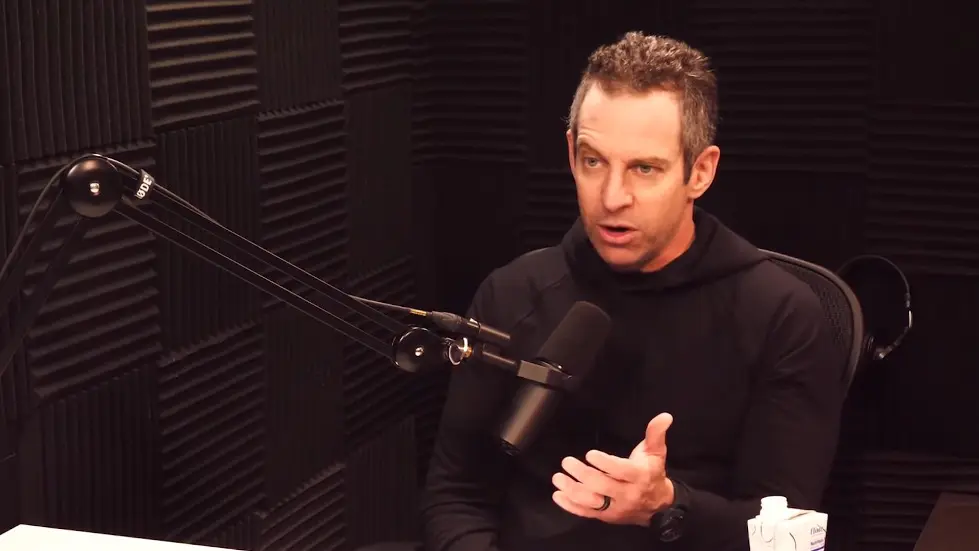
Culture as an Operating System
- Harris describes culture as an operating system that runs on the hardware and software of human beings.
- He suggests that ideas and thoughts are the main organisms in this system, and that humans are simply nodes that transmit and generate these ideas.
- This view erodes the boundary between self and world, as there is no integrated self that has any kind of will.
- Harris argues that much of our mind is not self-generated, but is the result of culture and genetics.
- He uses the example of following the rules of English grammar, which we do not consciously represent or invent, but simply follow as part of the cultural operating system.

Cultural Norms and Expectations
- Harris argues that cultural norms and expectations are not things we have invented, but are outside of us in some way.
- He suggests that these norms are felt very viscerally, and their violation can be felt strongly.
- Examples of cultural norms include how we shake a person's hand, how we eat a meal together, and what foods we find acceptable to eat.
- These norms can vary from culture to culture, and violating them can lead to social disapproval or even punishment.
- Harris suggests that understanding the cultural operating system can lead to greater empathy and understanding towards others, as it acknowledges the role that culture plays in shaping our thoughts and actions.
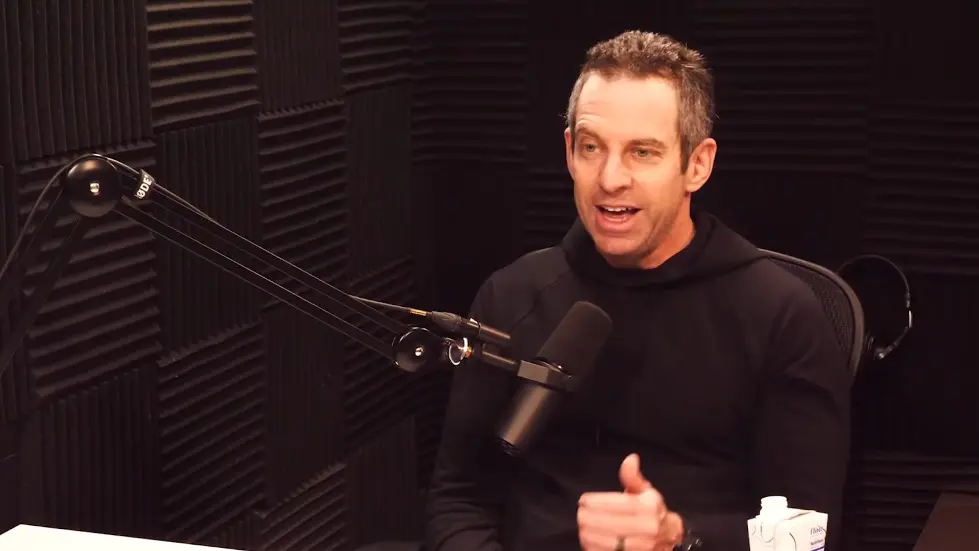
The Illusion of Self
- Harris argues that the illusion of free will is closely tied to the illusion of self.
- He suggests that the self is not a fixed entity, but is constantly changing and evolving based on our experiences and environment.
- He uses the analogy of a river to describe the flow of ideas and thoughts that make up the self.
- Harris suggests that accepting the illusion of self can lead to greater compassion and understanding towards others, as it acknowledges that their actions are not entirely their own.
- He also suggests that this view can lead to greater self-awareness and a more accurate understanding of our own thoughts and motivations.
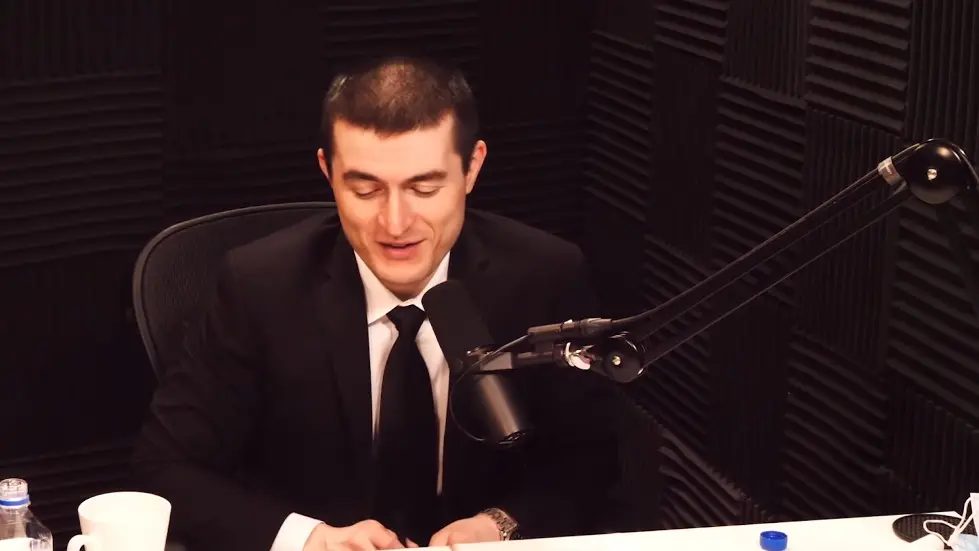
Permeability of Mind
- Our minds are permeable to a sea of ideas and experiences.
- Our experiences are not authored by us.
- Our history and environment shape our experiences.
- Our minds are part of a larger computation.
- Individual nodes are in charge of making choices.
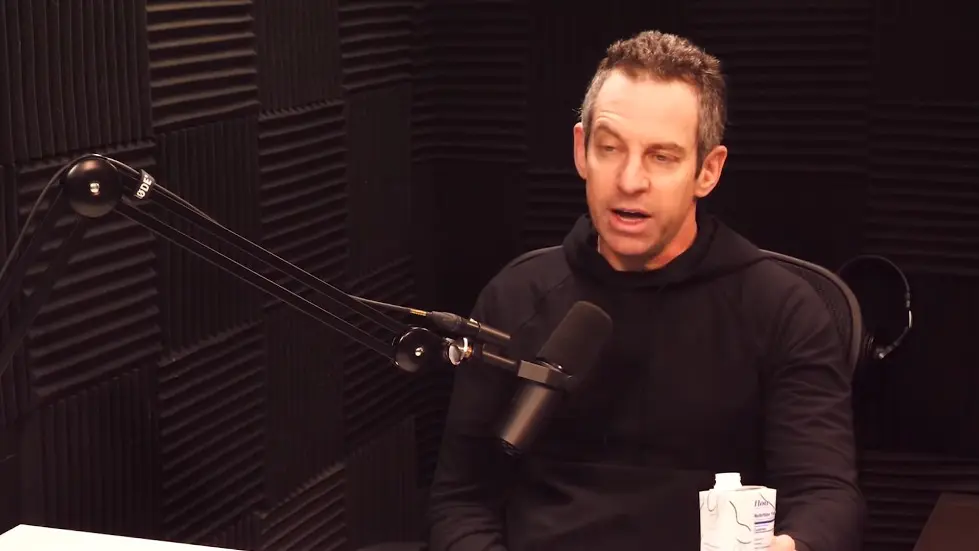
Voluntary and Involuntary Action
- There is a difference between voluntary and involuntary action.
- Voluntary action is purposeful and associated with intentions.
- Voluntary action is predictable and has expectations.
- Involuntary action is not predictable and lacks expectations.
- Intention to move is the proximate cause of moving.
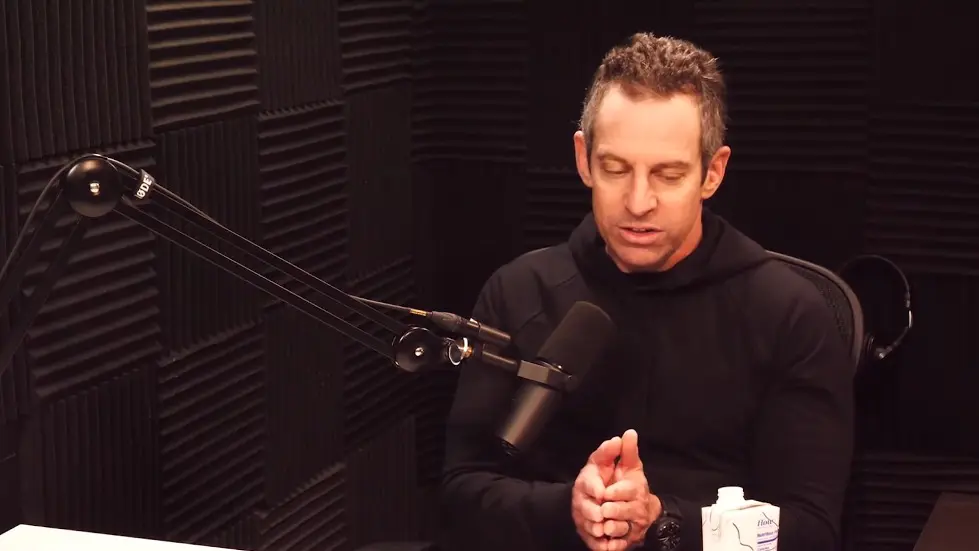
The Illusion of Free Will
- People feel like they could have done otherwise.
- People feel like they have free will.
- Free will is an illusion.
- Free will is the feeling that we could have done otherwise.
- Free will is not compatible with determinism.
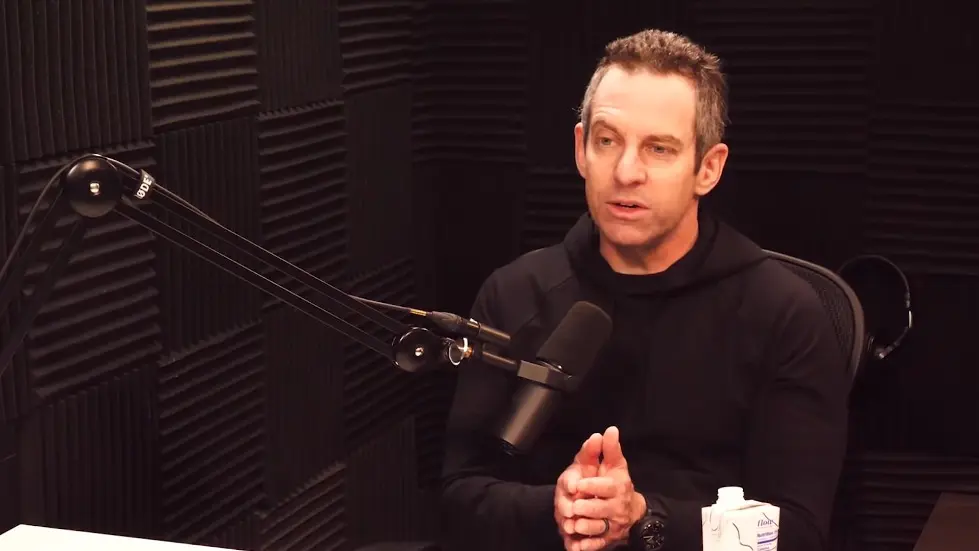
Causation and Randomness
- There is no picture of causation that would make sense of free will.
- Arranging the universe exactly the way it was a moment ago could have played out differently.
- The only way it could have played out differently is if randomness is added.
- Randomness is not what people feel.
- Free will is an illusion because it is not compatible with determinism or randomness.
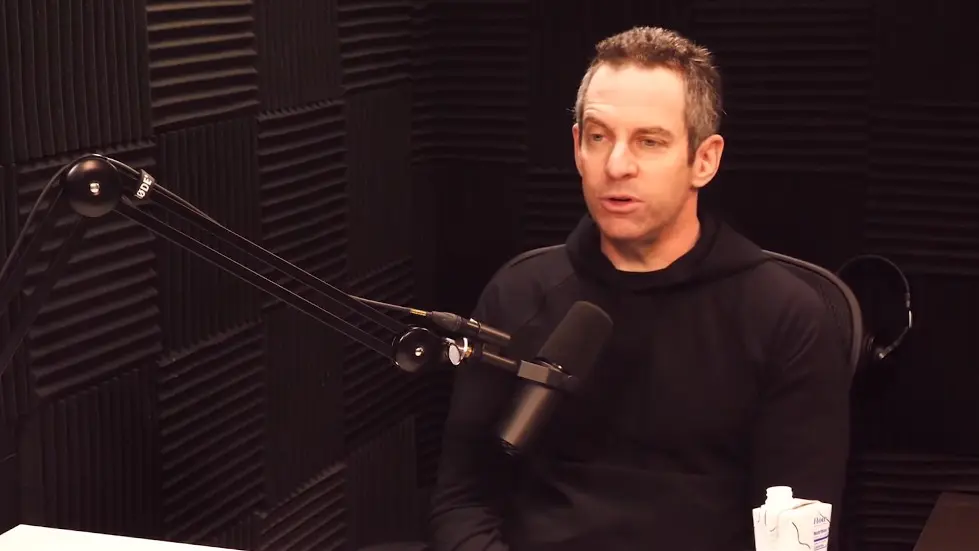
Free Will as an Illusion
- The feeling of authorship and control is not the same as free will.
- Simple rules can create complexity without organisms making decisions.
- There is no conceptual mapping of free will onto any notion of causation.
- There is no description of any concatenation of causes that precedes conscious experience that sounds like free will.
- Without mindfulness, people cannot stop themselves from fully living out the behavioral or emotional consequences of their thoughts.
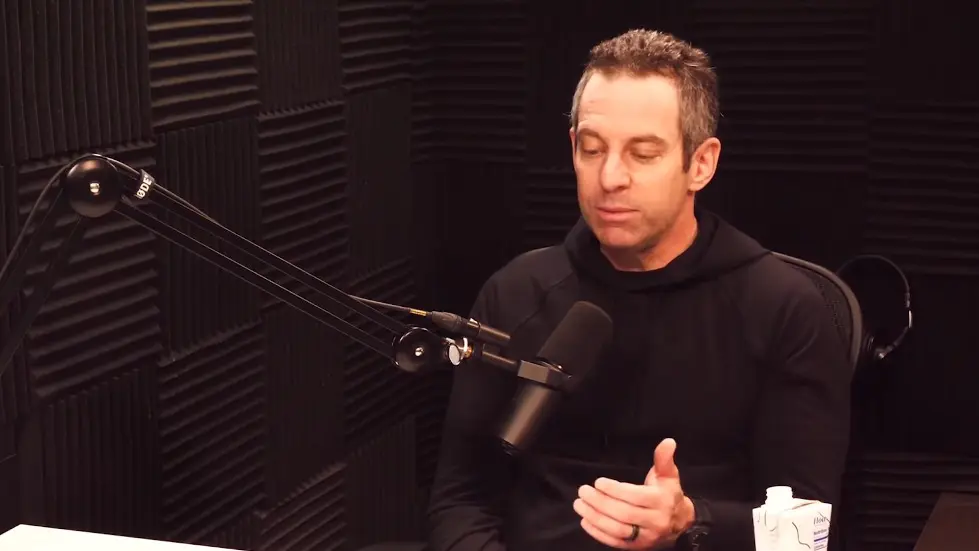
The Problem with Proving Free Will
- It is impossible to say what the universe would have to be like for free will to be a thing.
- Free will does not conceptually map onto any notion of causation.
- There is no description of any concatenation of causes that precedes conscious experience that sounds like free will.
- There is no way to scientifically test for free will.
- There is no way to prove that free will exists.
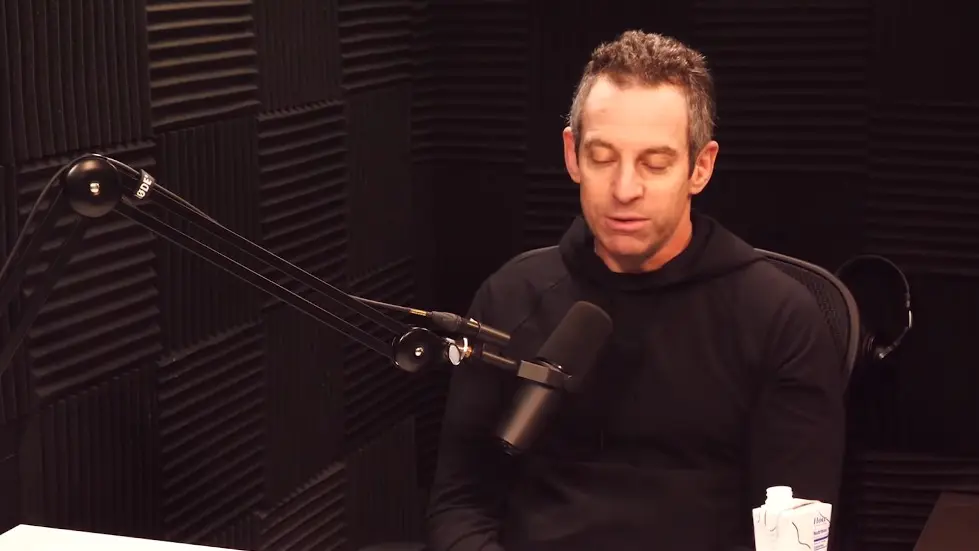
Comparing Free Will to Other Spurious Claims
- Believing in ghosts is a spurious claim that can be specified and scientifically tested.
- Free will is not like ghosts because there is no description of any concatenation of causes that precedes conscious experience that sounds like free will.
- Free will does not conceptually map onto any notion of causation.
- There is no way to scientifically test for free will.
- There is no way to prove that free will exists.
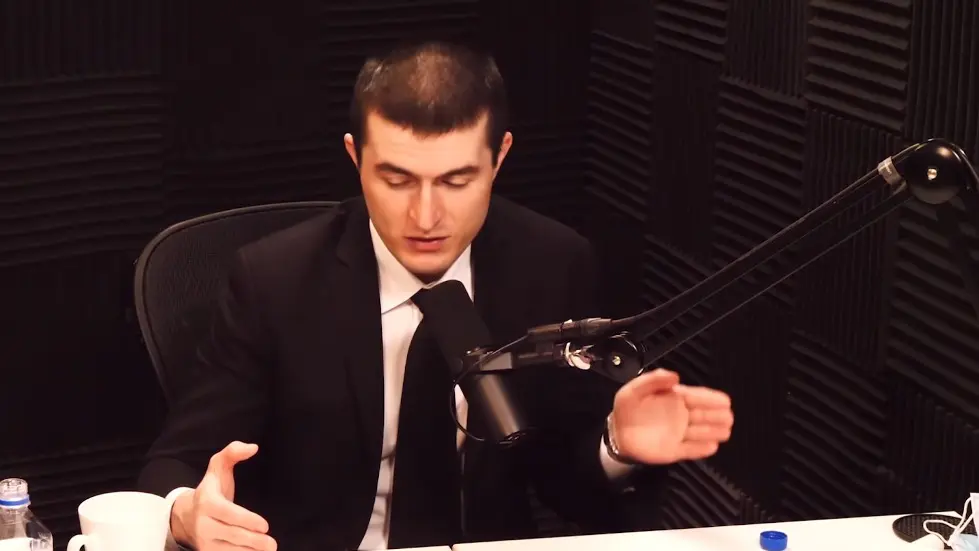
Mindfulness and Free Will
- Mindfulness does not give people free will, but it gives them another degree of freedom with respect to the emotional and behavioral imperatives of thoughts.
- Short of mindfulness, people cannot stop themselves from fully living out the behavioral or emotional consequences of their thoughts.
- Mindfulness does not give people free will because they cannot account for why mindfulness arises in one moment and not in others.
- A different process is initiated once people can practice mindfulness.
- There is no way to prove that free will exists.
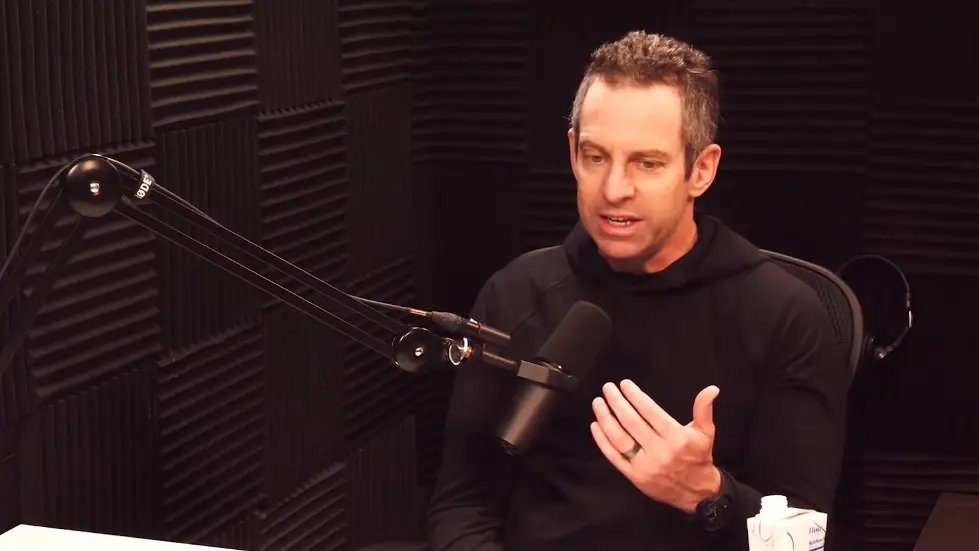
Free Will as an Illusion
- Sam Harris believes that free will is an illusion.
- The experience of free will is also an illusion.
- He compares the idea of free will to the idea that circles are round.
- He argues that there is no other picture of causality on offer.
- He claims that the experience of an illusion is a demonstration of consciousness.
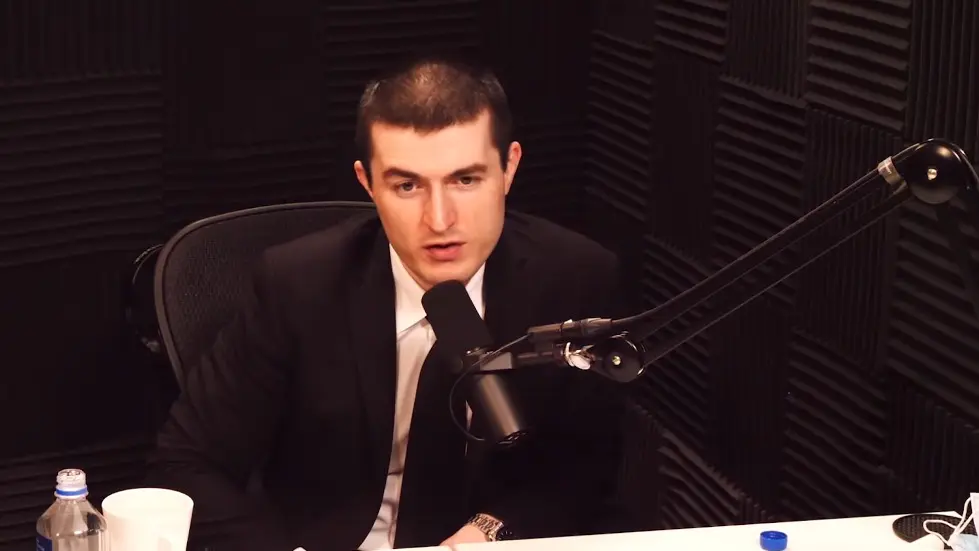
Experiencing the Absence of Free Will
- Sam Harris claims that he is able to experience the absence of the illusion of free will.
- He says that most people who don't believe in free will still experience the feeling of it.
- He compares the experience of the absence of free will to the absence of the self.
- He argues that the absence of free will and the absence of the self are two sides of the same coin.
- He claims that paying attention to the absence of free will makes it vivid.
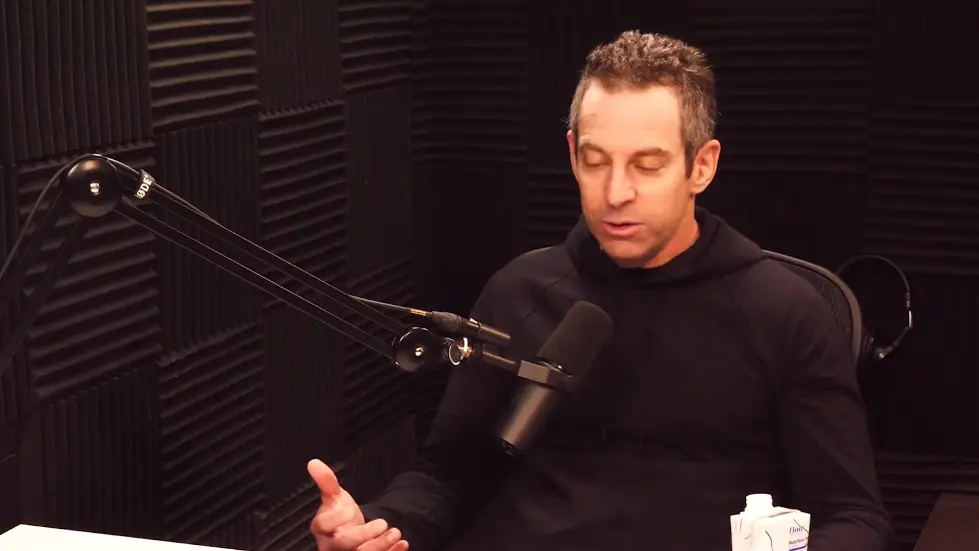
Creating a Circumstance for Free Will
- Sam Harris describes creating a circumstance where free will should be most robust.
- He uses the example of making a big decision, such as who to invite on his next podcast.
- He claims that when he pays attention, there is no evidence of free will.
- He argues that the absence of free will feels profoundly mysterious.
- He says that going back and forth between two people feels like a decision is being made, but there is no evidence of free will.
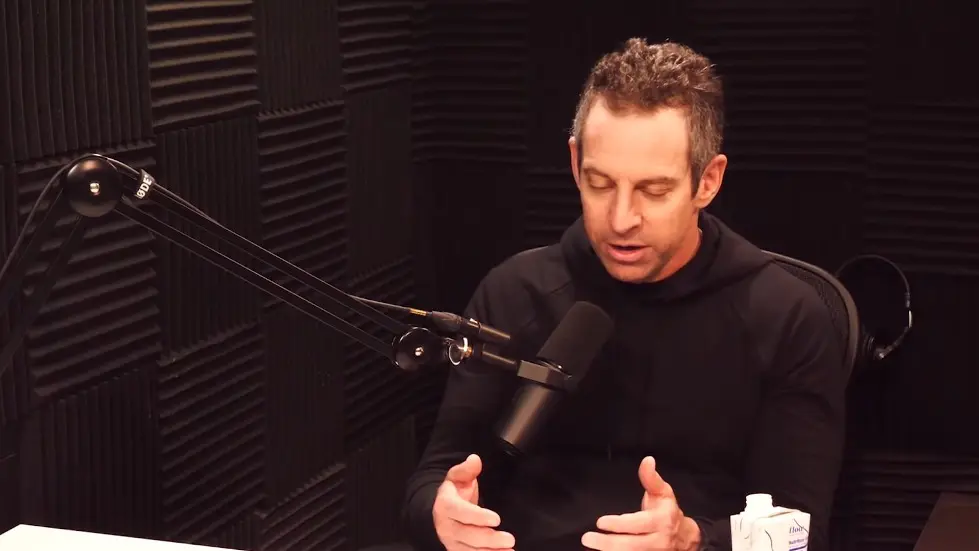
Conclusion
- Sam Harris believes that free will is an illusion and that the experience of free will is also an illusion.
- He claims that the absence of free will and the absence of the self are two sides of the same coin.
- He argues that there is no other picture of causality on offer.
- He claims that paying attention to the absence of free will makes it vivid.
- He says that creating a circumstance where free will should be most robust does not provide evidence of free will.
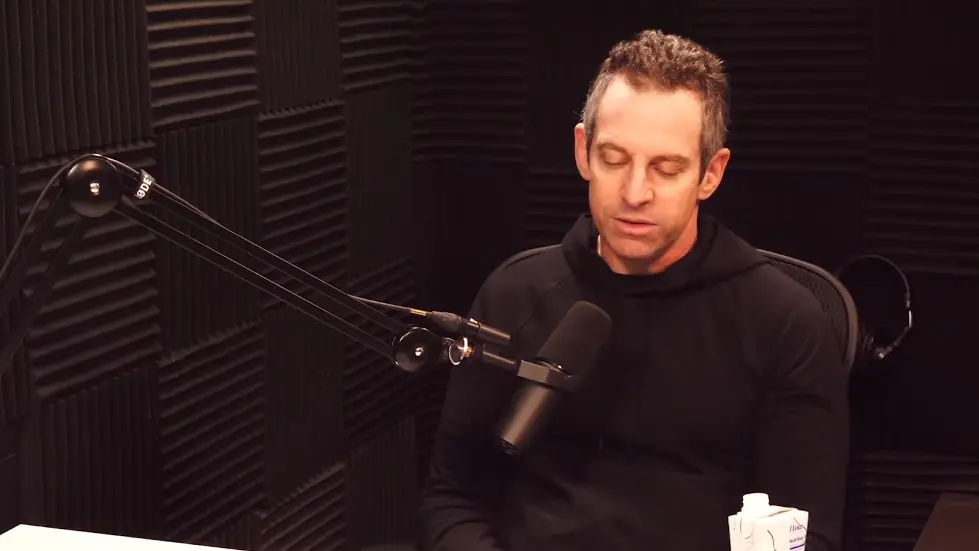
Experience of Free Will is an Illusion
- There is a sense of agency when making decisions, but it is not a real sense of agency.
- Decisions are made based on reasons, and some reasons are more important than others.
- The feeling of making a decision is without a sense of agency because something just emerges.
- When trying to pin down the moment of making a controlled author decision, it is impossible to find free will.
- Scanning the brain in real-time shows that something like a cartoon is true, and free will is an illusion.
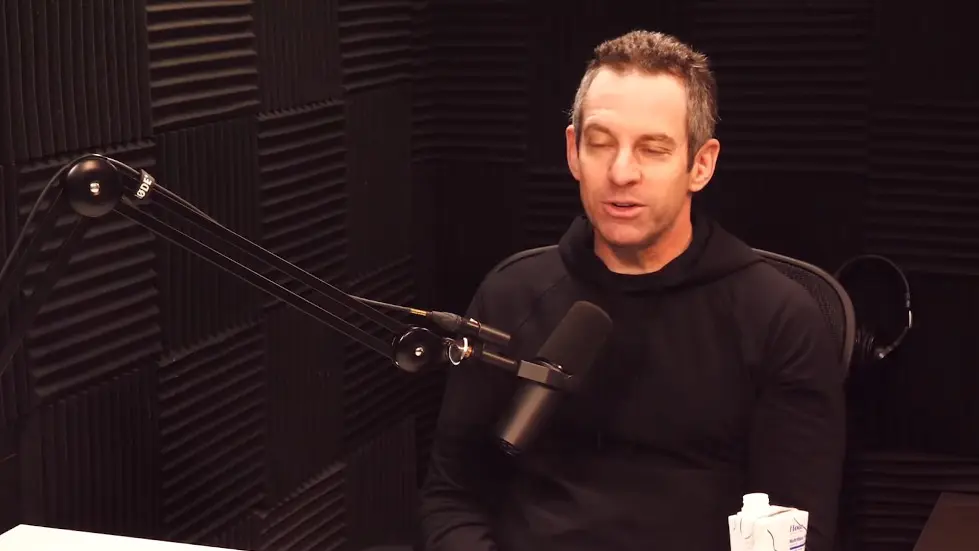
Undeniable Truth of Free Will as an Illusion
- Constructing an experiment to find the moment of making a controlled author decision is operationally hard to conduct.
- Scanning the brain in some experiments shows that we would be privy to who you're going to pick before you are.
- Something very much like a cartoon is true, and it will ultimately be undeniable for people.
- People will be able to do it on themselves with an app.
- Free will is an illusion, and it is impossible to find that moment of making a controlled author decision.
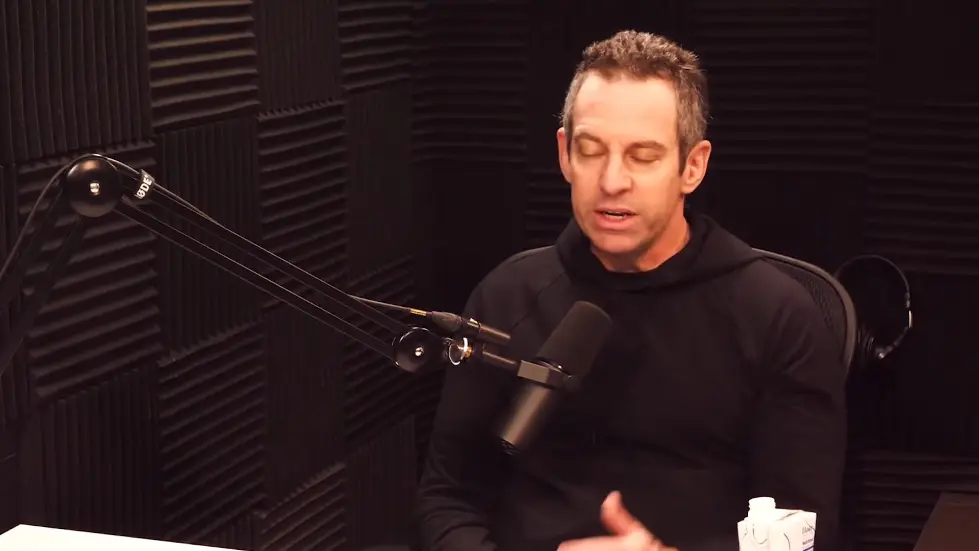
Usefulness of Stepping Away from the Illusion of Free Will
- Stepping away from the illusion of free will is useful to be compassionate and empathetic towards others and oneself.
- Hate makes no sense anymore, and the idea of confronting anything other than a force of nature goes out the window.
- Self-defense is still a thing, but the idea of ever confronting anything other than a force of nature goes out the window.
- It is not easy to grok, but it is possible to see that person as identical to a grizzly bear or a virus.
- Truly Christian forgiveness is the doorway to recognizing that no one made themselves, and everyone is different in luck.

Difficulty in Accepting Free Will as an Illusion
- It is not easy to accept that free will is an illusion.
- People are evolved to deal with one another as fellow primates and agents.
- It is not easy to see someone who killed a member of your family as identical to a grizzly bear or a virus.
- Truly Christian forgiveness is the doorway to recognizing that no one made themselves, and everyone is different in luck.
- It is difficult to grok, but it is possible to see that person as identical to a grizzly bear or a virus.
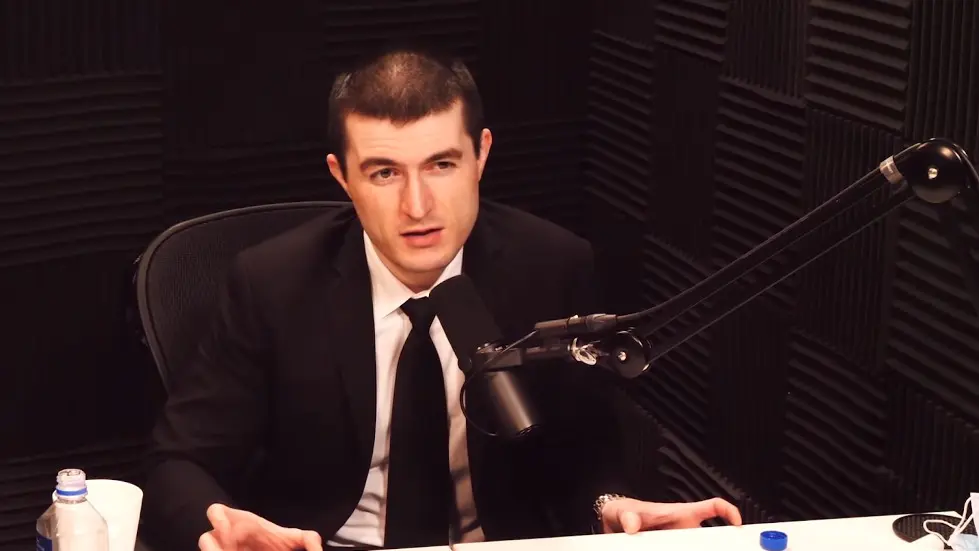
Free Will is an Illusion
- People are lucky to have good parents, genes, societies, and opportunities.
- Malevolent people didn't make themselves.
- Self-compassion is important to deal with regret, shame, and embarrassment.
- Memory of past events can cause suffering and self-hate.
- Self-hate can be a feature of the brain and create a richer experience.

Anger and Hatred
- Anger is not always bad and can signal a problem.
- Hatred is toxic, durable, and ultimately useless.
- Hatred becomes self-nullifying and less capable of solving problems.
- Anger towards other people's behavior can be useful to respond to it.
- Regret and feeling bad about an outcome are important to capacities.
- Regret can be an error signal to extract utility from.
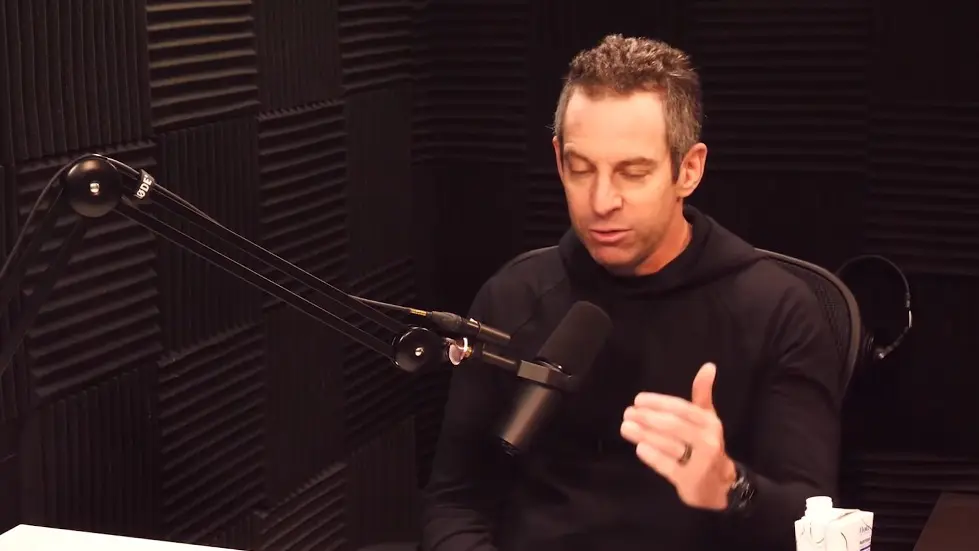
Beliefs about Free Will
- Beliefs about free will close the door to doing otherwise.
- Given the same causes and conditions, people would do the same thing a trillion times in a row.
- Regret and feeling bad about an outcome are still important to capacities.
- People are always faced with the question of what to do next.
- People need to solve their problems and help solve the problems of people closest to them.
- People need to experience well-being while doing it.

Self-Compassion
- Self-compassion is important to deal with regret, shame, and embarrassment.
- Memory of past events can cause suffering and self-hate.
- Self-hate can be a feature of the brain and create a richer experience.
- Regret and feeling bad about an outcome are important to capacities.
- Regret can be an error signal to extract utility from.
- People need to experience well-being while solving their problems and helping others.
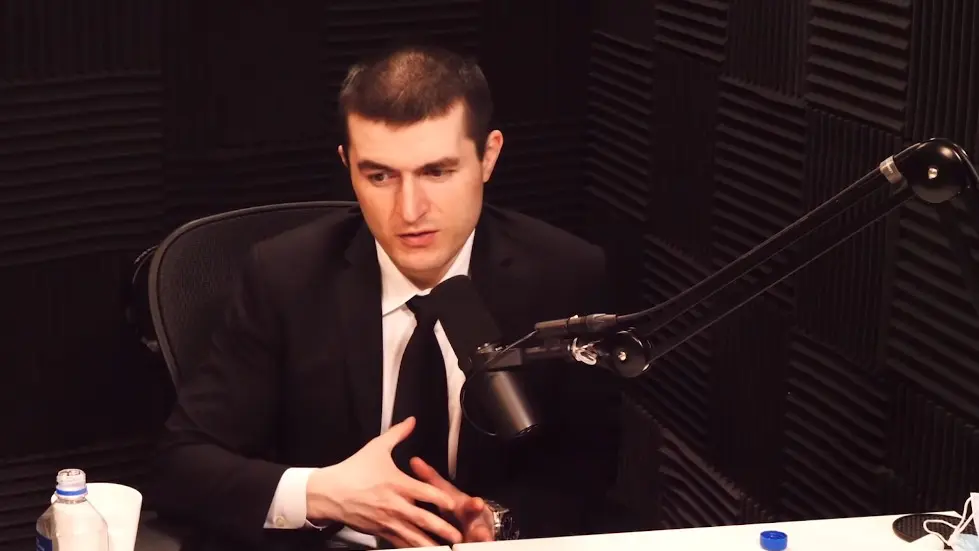
Equanimity in Response Mode
- Equanimity is useful in response mode.
- Ordinary experience of responding to emergencies is to be energized by concern.
- Fear, agitation, and worry only diminish one's capacity to be good company.
- Equanimity is hard to achieve when it comes to the health of one's children.
- Elon Musk is a practitioner of equanimity in response mode.
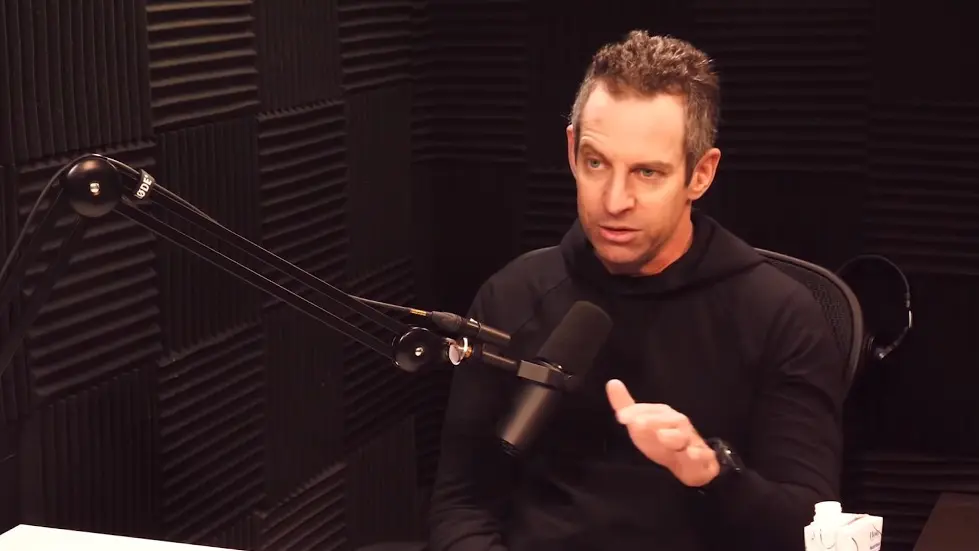
Responding to Fires
- Elon Musk is constantly responding to fires that need his attention.
- Normal human life has a default expectation that there shouldn't be fires.
- People don't have the muscle to respond to emergencies all day long.
- People don't have the default sense that they are going to die.
- Death denial is a thing.
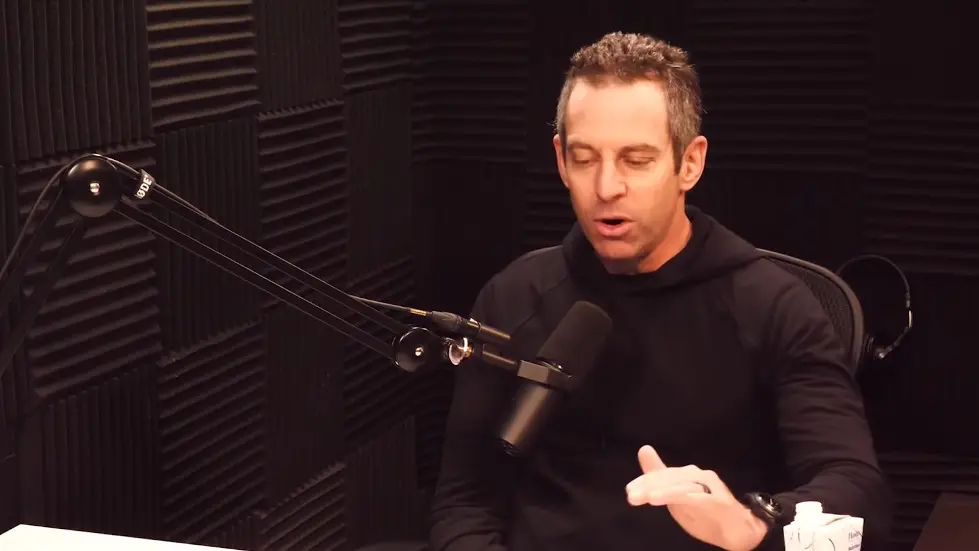
Living at a Default Mode
- Most people live at a cruising altitude in terms of their lives.
- There is a default sense that people aren't going to die.
- Death denial is a thing.
- People are surprised to find out that they're going to die, sick, or that someone they love has died.
- Living at a default mode shows that people are living in a mode.
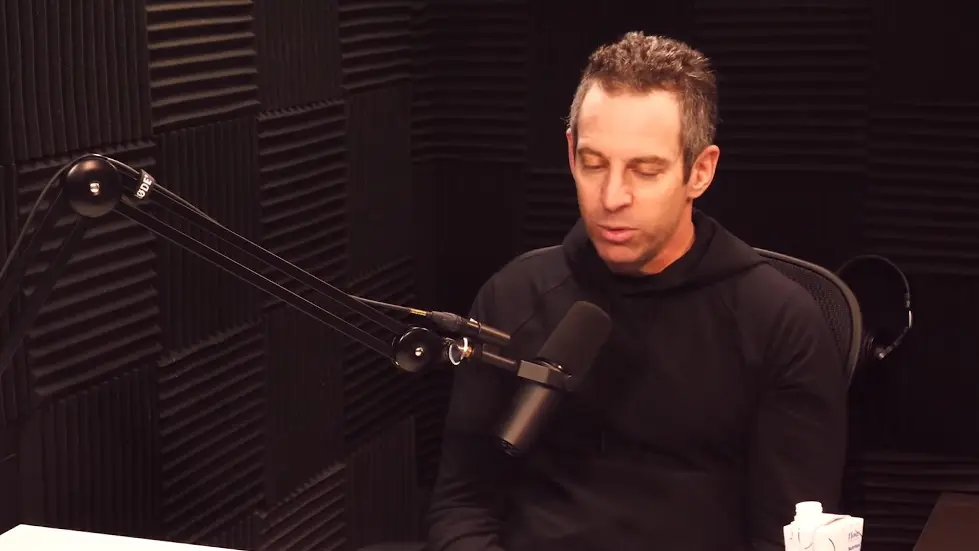
Not in Control
- Elon Musk is not in control.
- There is no reason to linger on negative feelings.
- Errors and success of an utterance do not feel like agency.
- People are not in control of their lives.
- Free will is an illusion.
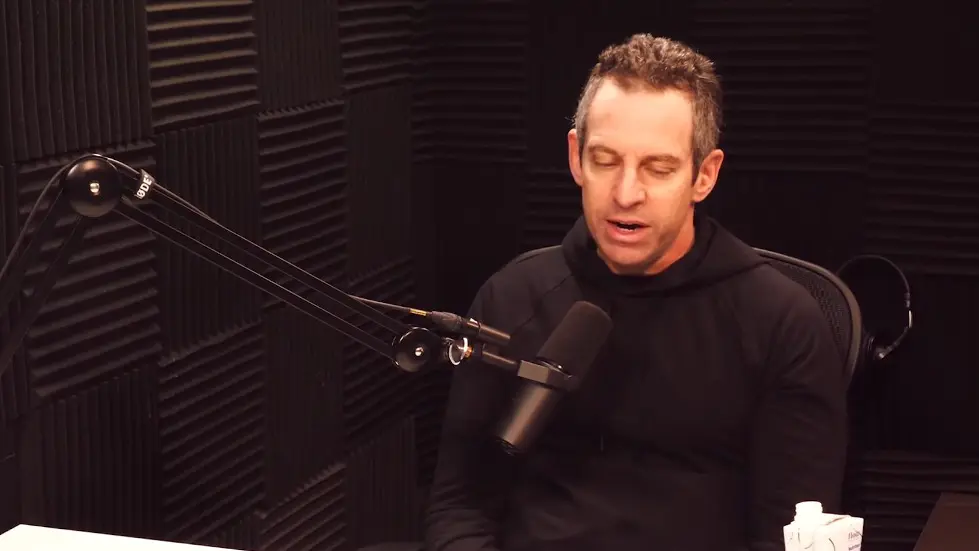
Section 1: The Illusion of Free Will
- Sam Harris believes that free will is an illusion.
- He argues that our thoughts and actions are determined by factors beyond our control, such as genetics and environment.
- He believes that even the experience of free will is an illusion, as we cannot choose our thoughts or desires.
- Harris argues that this view has important implications for morality and criminal justice, as we cannot truly hold people responsible for their actions.
- He suggests that we should focus on creating a more compassionate and understanding society, rather than punishing individuals for their behavior.
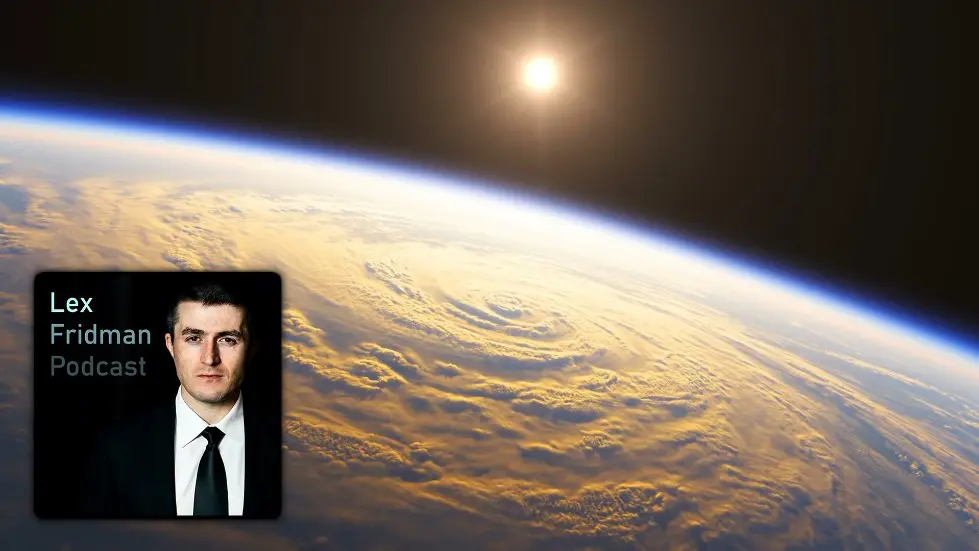
Section 2: Overcoming Negative Self-Talk
- Harris believes that many people struggle with negative self-talk, which can limit their potential and well-being.
- He suggests that we should treat these moments lightly and extract actionable information from them.
- Harris argues that having a sense of humor and seeing the comedy in situations can help us overcome self-absorption and negative thinking.
- He recommends pushing concerns outwards and focusing on making experiences as fun and useful as possible.
- Harris believes that humor can be a good propulsion system to escape the gravitational field of darkness.
Watch the video on YouTube:
Sam Harris: Free Will is an Illusion - YouTube
